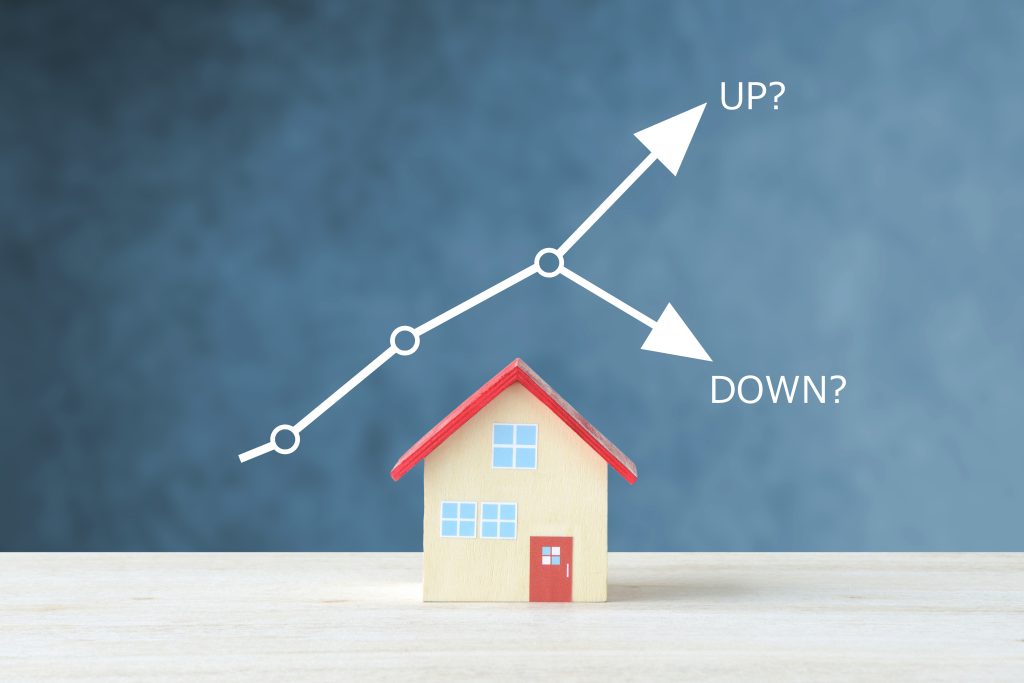Foreclosure is a legal process initiated by a lender to recover the balance of a loan when a borrower defaults on their mortgage payments. Essentially, it’s a lender’s way of taking back the property used as collateral for the loan to recoup their losses. Foreclosure can be a stressful and life-altering event for homeowners, but understanding the process can help individuals navigate this challenging situation or avoid it altogether.
Foreclosures typically begin when a borrower misses several mortgage payments. In the State of Georgia, the foreclosure process starts usually once a home owner has fallen 6 or 7 months behind on their mortgage payment. Lenders generally provide grace periods and send notices to encourage repayment. If payments remain overdue, the lender may file a public notice, such as a “Notice of Default” or “Lis Pendens,” depending on state laws. This marks the beginning of the foreclosure process and informs the borrower that their property is at risk of being repossessed. If you are facing foreclosure, here is some information that can helpif you are Facing Foreclosure.
The foreclosure process varies depending on the type of foreclosure: judicial or non-judicial. Judicial foreclosure requires the lender to go through the court system to obtain a judgment against the borrower. Non-judicial foreclosure, on the other hand, is handled outside of court and follows specific procedures outlined in the mortgage or deed of trust. The process and timeline depend heavily on state laws, with some states allowing the process to move more quickly than others. Georgia is a non-judicial state, meaning that the lender does not need to get court approval to foreclose. They have a deed of trust, similar in a lot of ways to a car title.
After the legal process begins, borrowers may have opportunities to stop the foreclosure. These include reinstating the loan by paying the overdue amount, negotiating with the lender for a loan modification, or selling the property to cover the debt. In some states, homeowners also have a “right of redemption,” allowing them to reclaim their property by paying the full amount owed before a specific deadline, even after a foreclosure sale.
If the borrower cannot resolve the default, the property is typically sold at a foreclosure auction. In these auctions, the home is sold to the highest bidder, often at a price below market value. If no one bids, the property reverts to the lender and becomes what’s known as Real Estate Owned (REO). After foreclosure, the borrower may face additional challenges, such as a damaged credit score and potential deficiency judgments if the sale proceeds do not cover the full loan balance.
One option if you are facing foreclosure is to sell your house to a cash home buyer. Cash home buyers pay cash for your house and can close very fast. If you are facing foreclosure, a cash home buyer can be a good option, since you don’t have a lot of time. Cash home buyers can work with the foreclosing attorney and keep a foreclosure off of your credit report. Once a foreclosure is on your credit report, it stays on there for 7 years. Another strategy when facing foreclosure is to sell your house subject-to your mortgage. The home buyer catches up your loan and you deed the property to them. They continue to make the mortgage payments on your behalf. Here is more information about selling your house to a cash investor to stop foreclosure What are the Benefits of Selling my Home to an Investor for Cash?

Foreclosure is a difficult process, but there are ways to prevent it or minimize its impact. Maintaining open communication with lenders and seeking professional advice early can make a significant difference. Many programs and resources are available to help struggling homeowners, including government assistance programs and non-profit organizations. By understanding foreclosure and taking proactive steps, individuals can better protect their homes and financial future.




